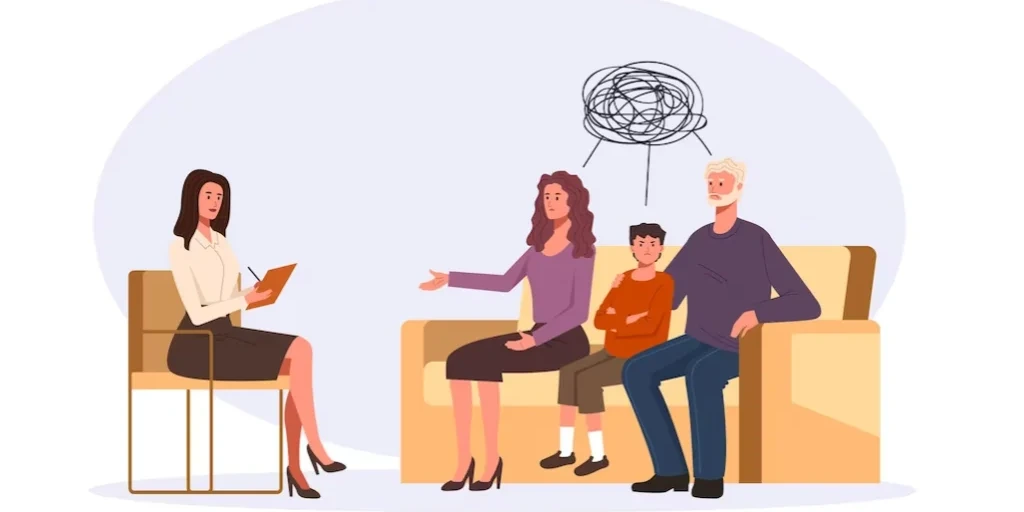24/7 Helpline:
(866) 899-221924/7 Helpline:
(866) 899-2219
Learn more about Medication-assisted Treatment centers in Rural Ridge
Medication-assisted Treatment in Other Cities

Other Insurance Options

Molina Healthcare

State Farm

BlueCross

Health Net

Magellan Health

Regence

Providence

CareSource

WellPoint

Horizon Healthcare Service

Self-pay options

Lucent

Sliding scale payment assistance

EmblemHealth

Highmark

CareFirst

Kaiser Permanente

Evernorth

Sutter

Anthem





























